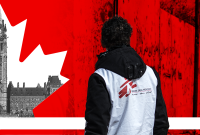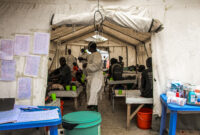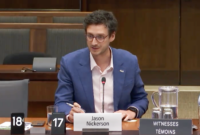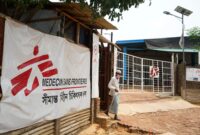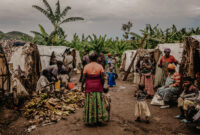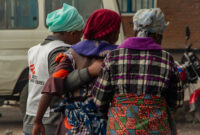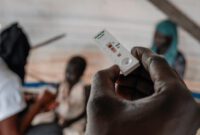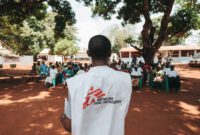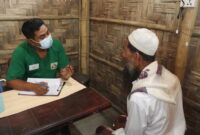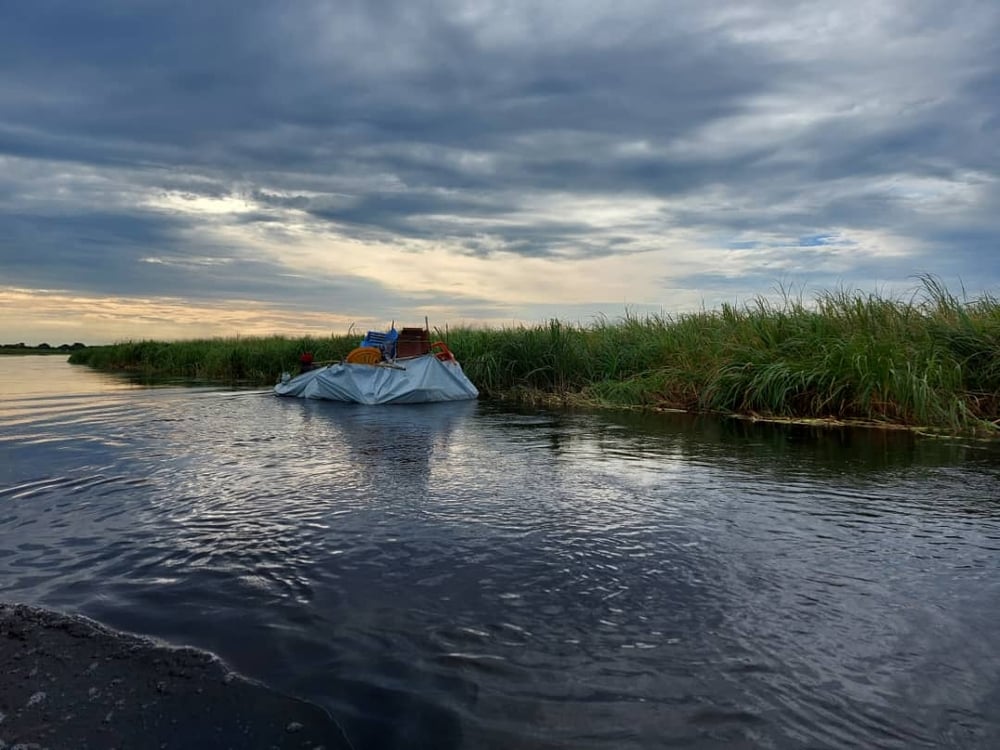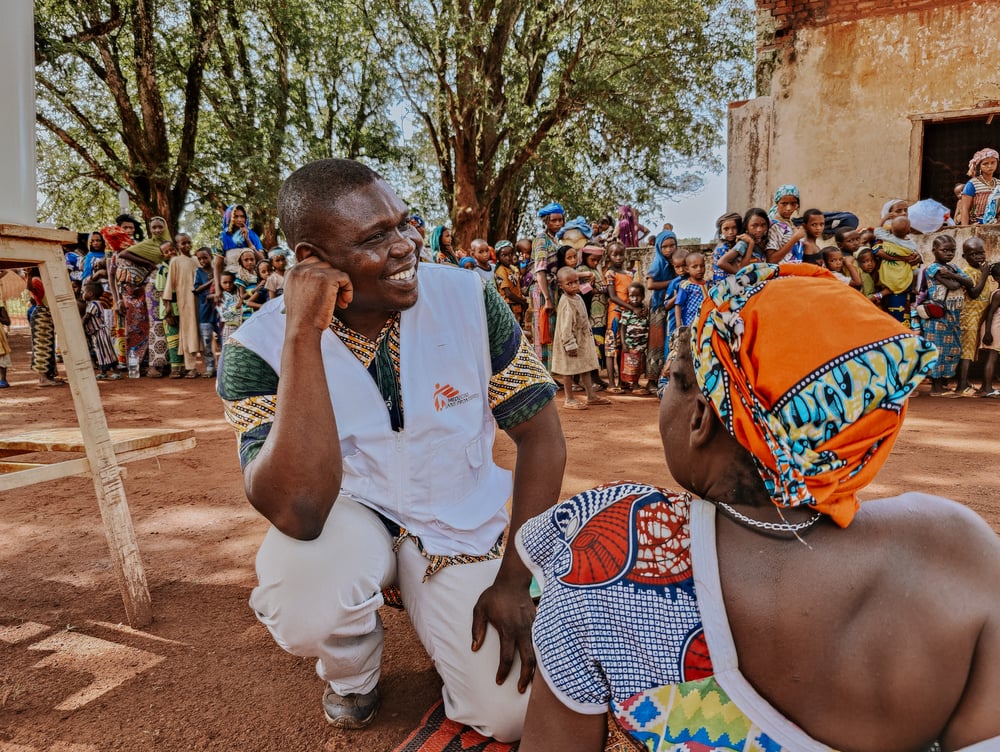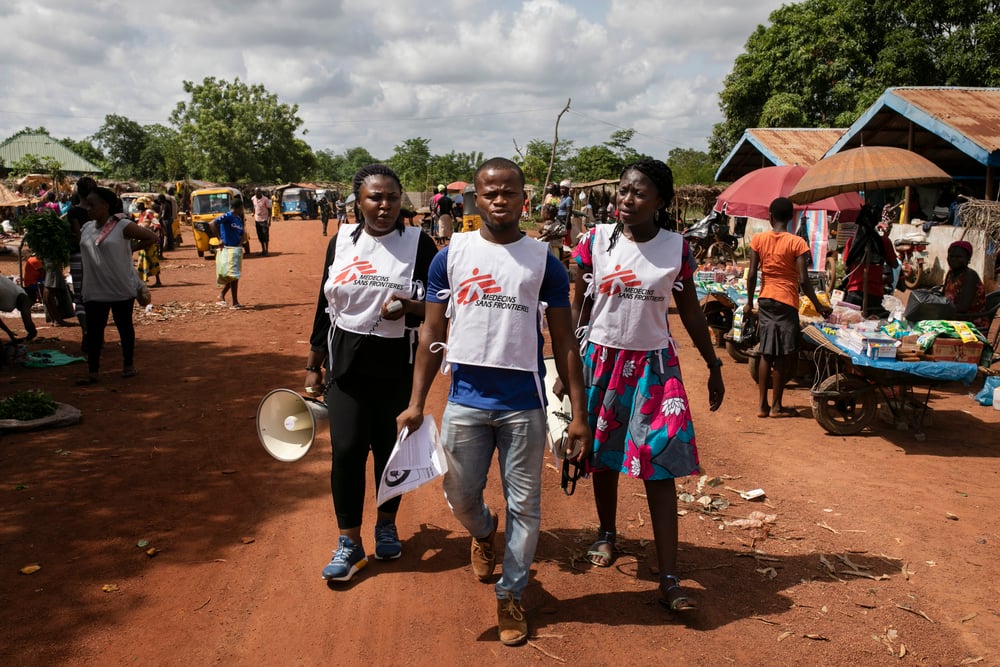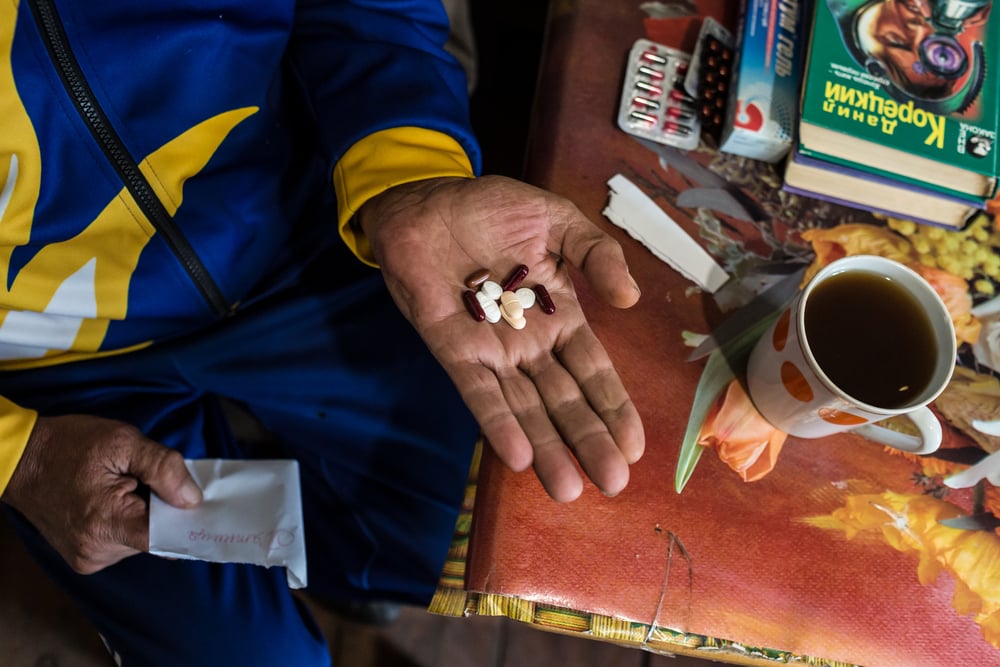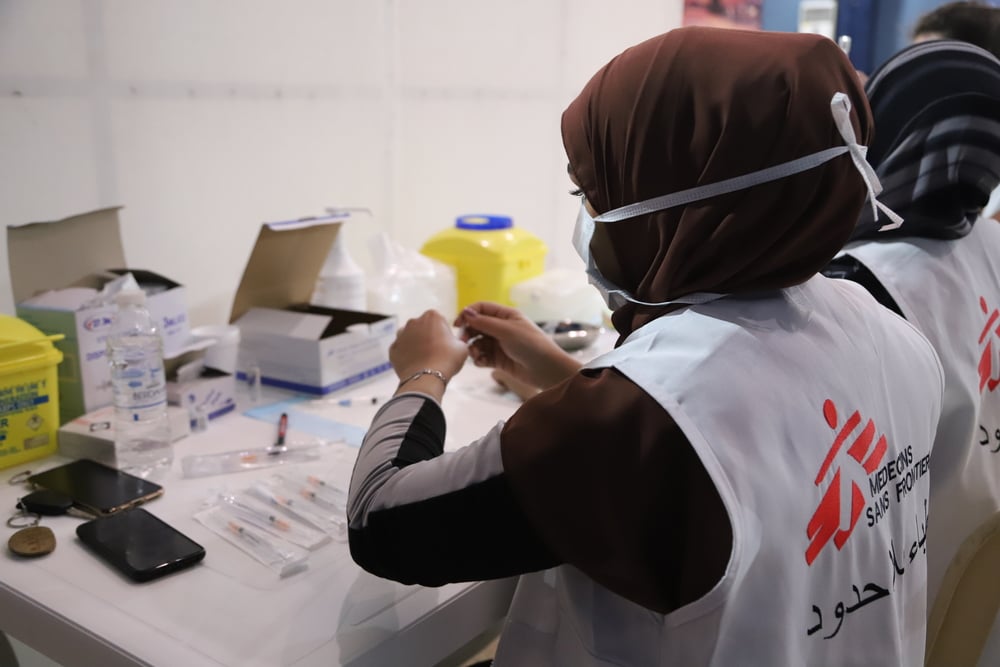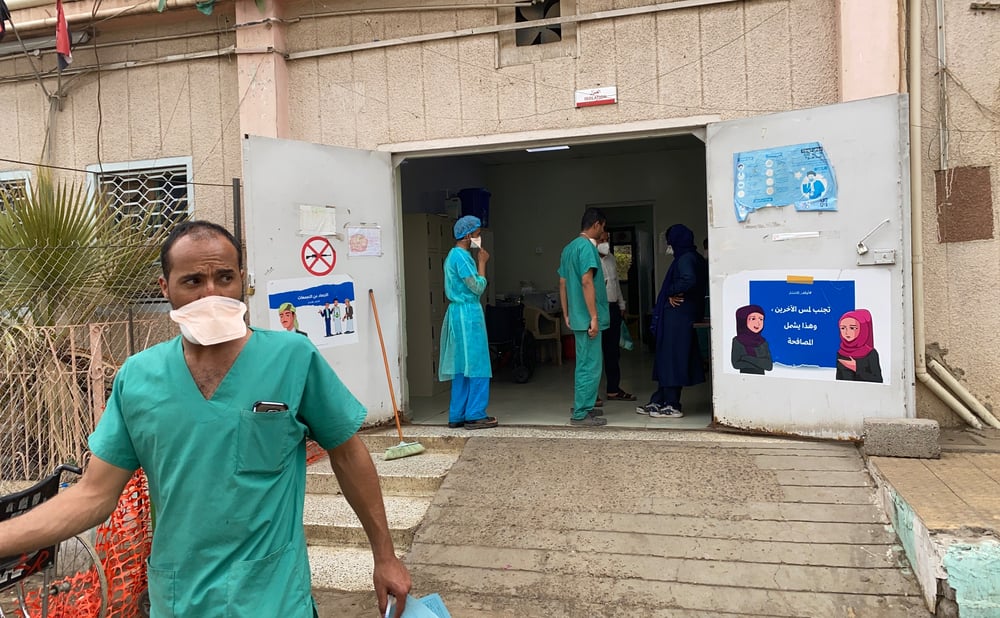Open letter to Canadian Parliamentarians: Four urgent humanitarian priorities requiring bold action
Dear Parliamentarians,
As you return from across the country to the House of Commons in Ottawa for the next sitting of Canada’s Parliament, we find ourselves at a moment of significant global unrest. Hundreds of millions of people’s lives, safety and dignity are at risk due to conflicts, disasters, and their deliberate exclusion from accessing healthcare around the world. The decisions you will make can not only impact the lives of Canadians but also those of people the world over, who will be affected by Canada’s responses – or lack of responses – to numerous ongoing humanitarian crises.
As a provider of front-line humanitarian medical care to people in need around the world, Doctors Without Borders/Médecins Sans Frontières (MSF) is witnessing many of these crises first-hand. Our teams are working to address people’s urgent needs and alleviate suffering. In these contexts, minutes matter, and humanitarian assistance can make the difference between life and death.
But humanitarians cannot stop wars, and we alone cannot prevent the many factors driving alarming levels of displacement, malnutrition and mortality in the places where we work. We also cannot hold perpetrators accountable for violations of international humanitarian law or manage by ourselves global outbreaks that kill millions and cost billions. These are political problems, and they require political solutions from you and your colleagues, who wield control over the diplomatic, financial and other tools needed to meet these challenges directly.
Canada’s political leaders need to find the political will and moral courage to act decisively. We urgently call on you to help find meaningful solutions for the humanitarian crises of today and tomorrow.
In particular, we want to flag four urgent priorities that require immediate, bold action from Canada when Parliament resumes this fall:
1. Stand up for humanity and an immediate ceasefire in Gaza
More than 11 months into the war in Gaza, thousands have been killed and Gaza’s health system is destroyed. We need you, as Parliamentarians, to continue to push for an immediate and sustained ceasefire. We also need you to leverage your full diplomatic power to help ensure unhindered access to humanitarian assistance so that humanitarian organizations like ours can scale up and deliver the medical care that people need.
2. Don’t abandon the Rohingya people
Seven years ago, when more than 700,000 members of Myanmar’s Rohingya ethnic minority were forced to flee across the border into Bangladesh to escape organized mass violence against their communities, Canada took a leadership role in the global response. Today, as now over one million Rohingya remain trapped in overcrowded and underfunded refugee camps in Bangladesh and fresh violence is again targeting Rohingya in Myanmar, Canada has failed to renew its Rohingya Strategy after it expired in March 2024. Canada must honour the commitments it made to the Rohingya and the humanitarian community and renew and properly resource its strategy immediately.
3. Address urgent needs in eastern Democratic Republic of Congo (DRC), Sudan and in other neglected humanitarian crises
In eastern DRC right now, hundreds of thousands of internally displaced people are urgently in need of food, shelter, drinking water and protection from sexual violence amid a violent conflict between multiple armed groups, including government forces. Meanwhile, more than a year into the conflict in Sudan, hundreds of thousands of civilians, including those who have fled to the neighbouring countries of Chad and South Sudan, are facing immense suffering, including malnutrition, trauma, and a lack of basic healthcare. In April, Canada made the very welcome announcement that it would increase its international humanitarian assistance budget for 2024-25. It is urgent that these funds be used to help meet the immense needs in places like DRC, Chad, Sudan and everywhere else that people are forced to rely on humanitarian intervention for their survival. It is equally as important that Canada leverage its diplomatic, legal and political apparatus to fully engage in addressing the problems that are today fueling these humanitarian crises.
4. Deliver the medicines and vaccines that the world needs to respond to deadly disease outbreaks
Every day, MSF teams are responding to disease outbreaks like measles, cholera and mpox, and too often we lack the vaccines, treatments and diagnostic tests we need. While the world once again finds itself with a growing outbreak of an infectious disease, mpox, that could be curbed with the deployment of a vaccine that exists in the world today, Canada is sitting on a stockpile of doses. Canada can do better by championing equitable access to drugs and vaccines in current global Pandemic Agreement negotiations. Similarly, Canada needs to revisit how it is funding the research and development of lifesaving medicines and vaccines in our own world-class laboratories. You, as Parliamentarians, should take decisive action to ensure that when Canadians pay to develop new medicines, public health is prioritized over private wealth. We call on you to also ensure conditions are attached to public funding to ensure that medicines and vaccines developed by Canada are made affordable and accessible for Canadians and patients around the world. Medicines shouldn’t be a luxury.
MSF remains fully committed to the people, patients and communities we assist, and to delivering emergency medical care in crisis situations where minutes matter. As Canadian Members of Parliament, your response matters, too. As Parliament resumes, you have a responsibility to work together to take bold action and find meaningful solutions for crises of today and tomorrow. We implore you to put humanity, urgency and care at the centre of the choices you make.
Yours sincerely,
Sana Bég,
Executive Director
Jason Nickerson,
Humanitarian Representative to Canada


